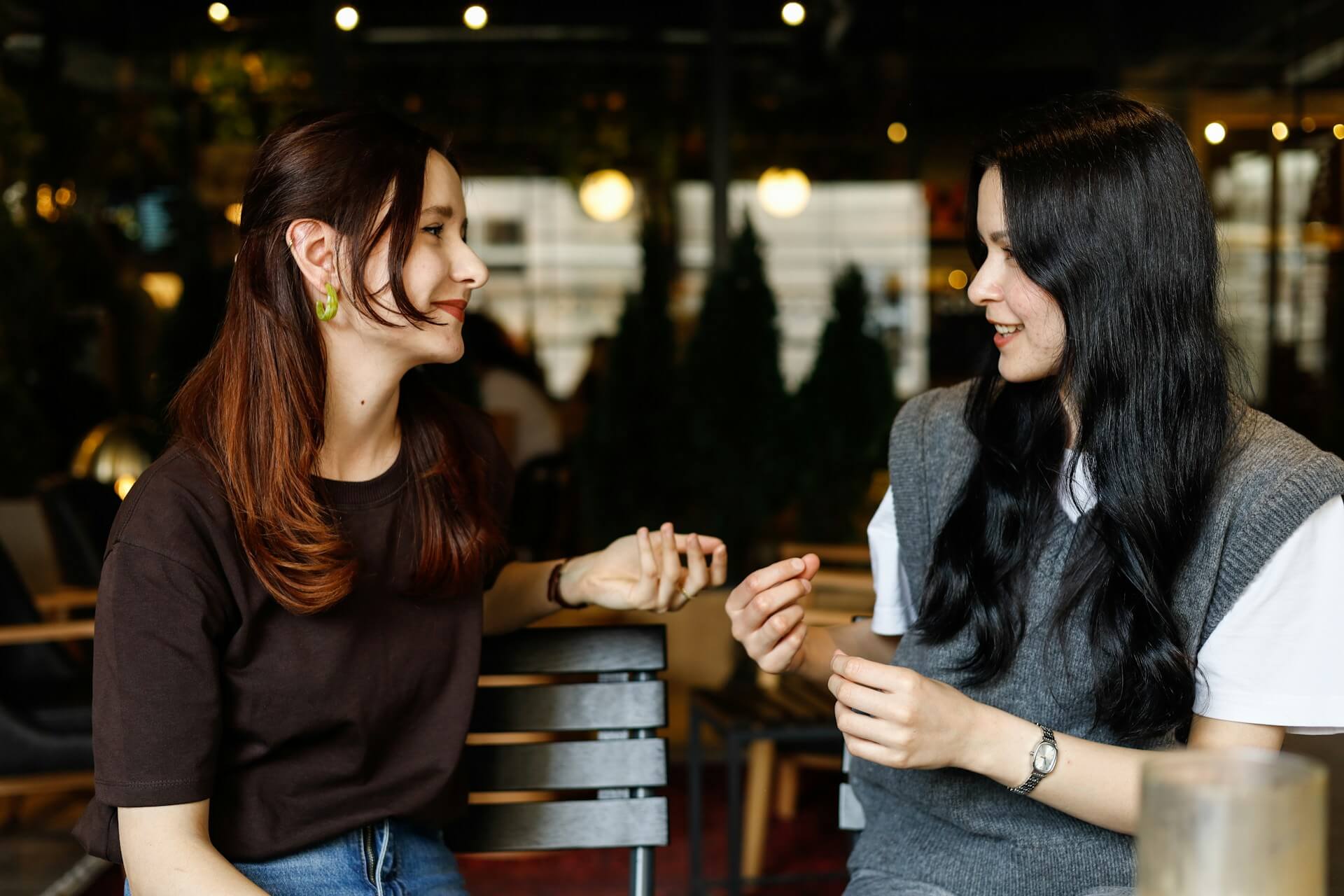Hunter Maats, co-author of The Straight-A Conspiracy: Your Secret Guide to Ending the Stress of School and Totally Ruling the World, says if you’ve learned one thing in your life, you can learn anything. And he is here to share the science that supports this belief.
“It is our emotional experience that makes the difference in how we’re learning.“ -Hunter Maats
Can intelligence and mastery be learned — or are we all innately good at some things and terrible at others? Is there really a math gene or can anyone, with enough practice, become great at algebra?
Hunter Maats, our guest for episode 287, says if you’ve learned one thing in your life, you can learn anything. And he is here to share the science that supports this belief.
More About This Show:
Hunter Maats, Harvard graduate and co-author of The Straight-A Conspiracy: Your Secret Guide to Ending the Stress of School and Totally Ruling the World, joins the Art of Charm to talk about numerous aspects of how and why we learn. To name just a few topics, we discuss the impact emotions have on our learning experience, the fallacy of genes giving us certain traits and not others, what the worst idea ever is and why you should forget it immediately, the danger of the 10,000 hour rule, and automaticity.
On the point of emotions having an impact on our learning experiences, Hunter says science is now showing us that attitude and perspective make a significant difference in our ability to learn and retain something.
For example, if you’ve ever said “I feel stupid,” you’re exemplifying his point. Stupidity is associated with an actual feeling — shame. If we get something wrong and take it personally, we feel ashamed of our mistake and call ourselves stupid. There’s nothing genetic about it, it’s just our emotions and our personal association with the mistake.
If we could change our perspective to simply acknowledge our mistake, examine it to learn where we went wrong and what we could do differently next time, we remove the shame and the feeling of being “stupid.”
You can change any experience, any mistake you’ve made by shifting your perspective and your attitude. Again, it has nothing to do with certain genes giving you certain talents. If you’re willing to learn from a past failure, you can improve in that situation going forward. And if you approach every failure this way, you’ll do nothing but get better and better.
Need a quantifiable example? Airplanes. Though they weren’t the safest machines when they were invented, today they are a regular part of most people’s travel plans. And do you know why? Because after every airplane failure, the situation was examined until it was uncovered where things went wrong and what could be done to prevent the same mistakes in the future. Those preventions were put in the place each time a mistake was found and today, airplanes are safer than walking.
The finer details of this show include:
- Team Descartes and Team Newton: dispelling the myth of gravity’s discovery
- What’s the best way to get people interested in you?
- Bill Bradley’s practice strategies that led to becoming one of the greatest basketball players ever.
- The lesson from a Stone Age village in Papua, New Guinea
- Why ADD medications affect everyone equally: the science behind it.
- And so much more!
Further, we discuss what Hunter calls “the worst idea ever.” What is it exactly? The idea that some people are either born smart or stupid. He says toss that idea out — stop thinking that you’re either smart or not, you either have “it” or you don’t.
Science has yet to find a gene for above average to genius level intelligence. We haven’t found any evidence to support a genetic link to intellect. That doesn’t mean there isn’t one, but we haven’t found one yet. So get rid of that concept so it stops holding you back.
Though we haven’t found any genes that make one person more intelligent than another, we have found our brains to be flexible and adaptable. It’s something we have as human beings: a capacity to adapt to our surroundings and circumstances. And that boils down to our brain’s capacity to change and learn new things when we allow it to.
Think that’s a myth? Hunter talks about a village in Papua, New Guinea where they were living at a Stone Age development level: no one could read or write let alone use modern day technology. However, within two generations, there has been a tremendous shift. First, one man learned to read. Then this man’s son taught himself how to use a computer! They went from not understanding a written language to using a computer. So if you think you can’t learn to be charming, think again.
And that led us into a discussion about the 10,000 hour rule made famous by Malcolm Gladwell. Hunter is in full support of this rule, with one contingency: be aware of the quality of those 10,000 hours. In other words, don’t focus on the quantity of the practice; focus on the quality of it. Hunter calls this fix it focus practice. Pick something you want to work on — something specific — then fix whatever isn’t working in that area and then focus on fixing it. Once it’s fixed, move on to the next area in need of improvement.
If you were a basketball player and wanted to become great, you would focus on one thing you didn’t do well, like free throws. That’s your area to look at what isn’t working and then fix it by working at it until you’ve got it down. You would do nothing but free throws until you were great at them and then you’d move on to the next thing, focus on that, and fix it.
One last topic we touched on was automaticity, or how our brains can do anything if we practice often enough. Think about it: you couldn’t read, speak, or walk when you were born. But you practiced and practiced speaking until you mastered it. Then you moved on to walking until you mastered that, and then went on to reading. And today you do all three without thinking about them: that’s automaticity and it’s the most important trait of the human brain.
We talk about plenty of other fascinating and cutting edge topics. Hunter seems to know every author and every book ever written about the human brain and he drops so many of them in this show! Be ready to add a lot of titles to your reading device of choice after you tune in.
A big shout out to Hunter and thanks for having me join him in person in Los Angeles; it was great to do a live show and go deep into such fascinating subject matter.
Resources From This Episode
- The Straight-A Conspiracy: Your Secret Guide to Ending the Stress of School and Totally Ruling the World by Hunter Maats and Katie O’Brien
- Hunter’s website
- The Straight-A Conspiracy on Twitter
- Outliers: The Story of Success by Malcolm Gladwell
- Quiet: The Power of Introverts by Susan Cain
- The Sports Gene by David Epstein
- Guns, Germs and Steel: The Fates of Human Societies by Jared Diamond
- Boys Adrift by Leonard Sax, M.D., Ph.D.
- Spark: The Revolutionary New Science of Exercise and the Brain by Eric Hagerman
You’ll Also Like:
- The Art of Charm Challenge (click here or text 38470 in the US)
- The Art of Charm Bootcamps
- Elite Human Dynamics
- Best of The Art of Charm Podcast
- The Art of Charm Toolbox
- The Art of Charm Toolbox for Women
- Find out more about the team who makes The Art of Charm podcast here!
On your phone? Click here to write us a well-deserved iTunes review and help us outrank the riffraff!




